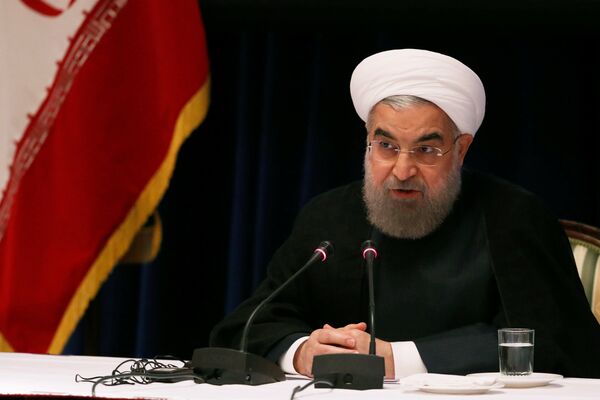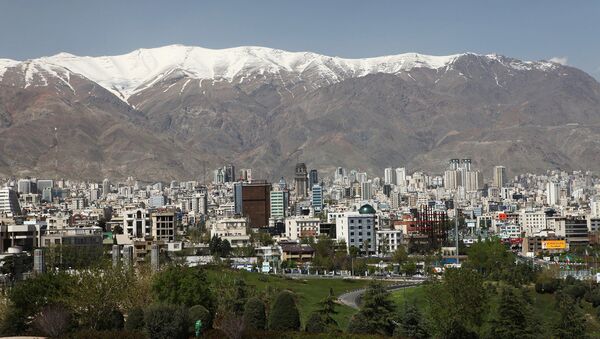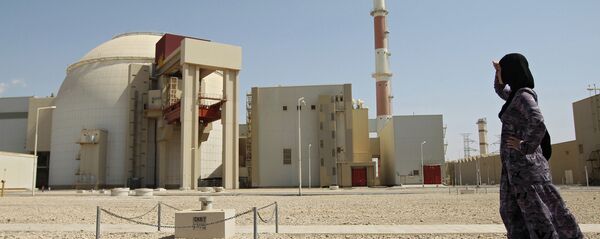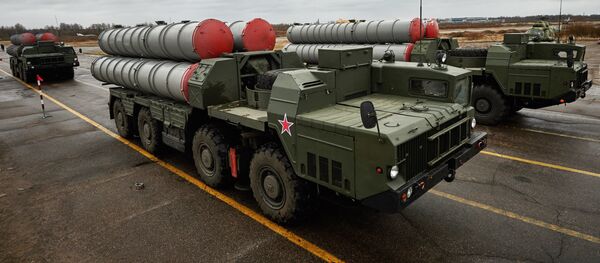In an interview with Sputnik, political analyst Alexei Malashenko described Hassan Rouhani, who has been in office since 2013, as a "responsible politician who has achieved a lot."
"Rouhani has maintained cordial relations with Europe. He has reintroduced Iran as a member of the international community. Even Trump's remarks that Iran is the world's number one terrorist state are nothing more than political inertia," the analyst added.

Rouhani is widely seen as the leading candidate in the race, who has also been backed by the clergy, Igor Gashkov wrote for Sputnik.
"During his time in office, Rouhani has managed to secure profitable deals with the EU members. These include [the Joint Comprehensive Plan of Action], the key deal for the country which has led to partial sanctions relief. Rouhani is "trying to acquire access to Western technologies which would boost the economy. Iran has been plagued by unemployment."
Gashkov named Ebrahim Raisi as Rouhani's key competitor, saying that the conservative cleric believes that Iran should rely on its own resources and capabilities. If Raisi wins the election, the Islamic Revolutionary Guard Corps (IRGC) will become more powerful, the analyst suggested. Defense officials are also expected to boost their clout should Bagher Ghalibaf become the next president.
Gashkov maintained that the outcome of the presidential election in Iran will depend on the voter turnout, with Rouhani likely benefiting from a higher turnout.
Never miss a story again — sign up to our Telegram channel and we'll keep you up to speed!






